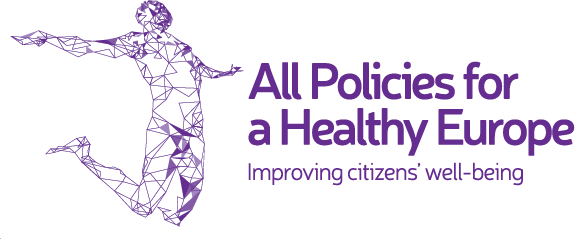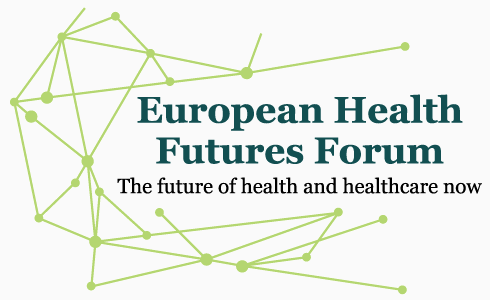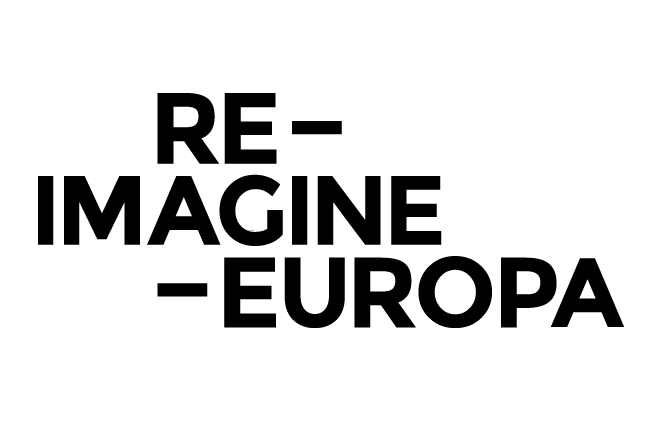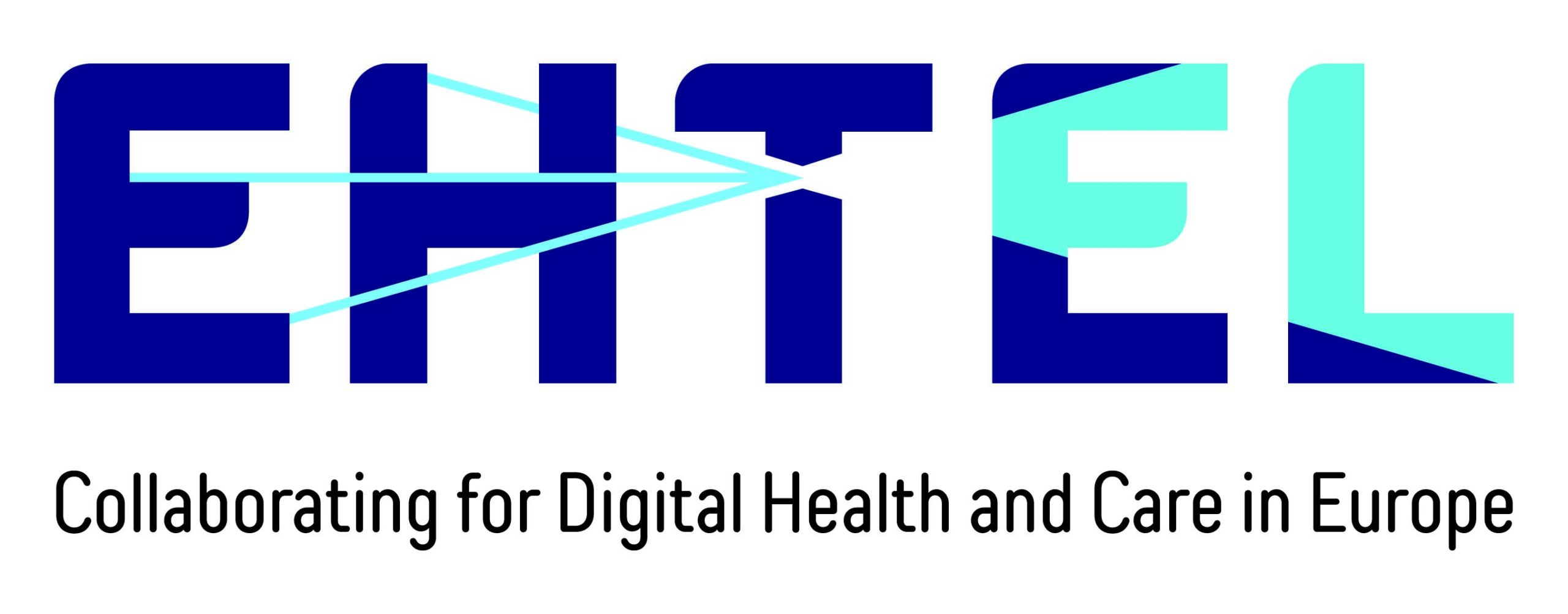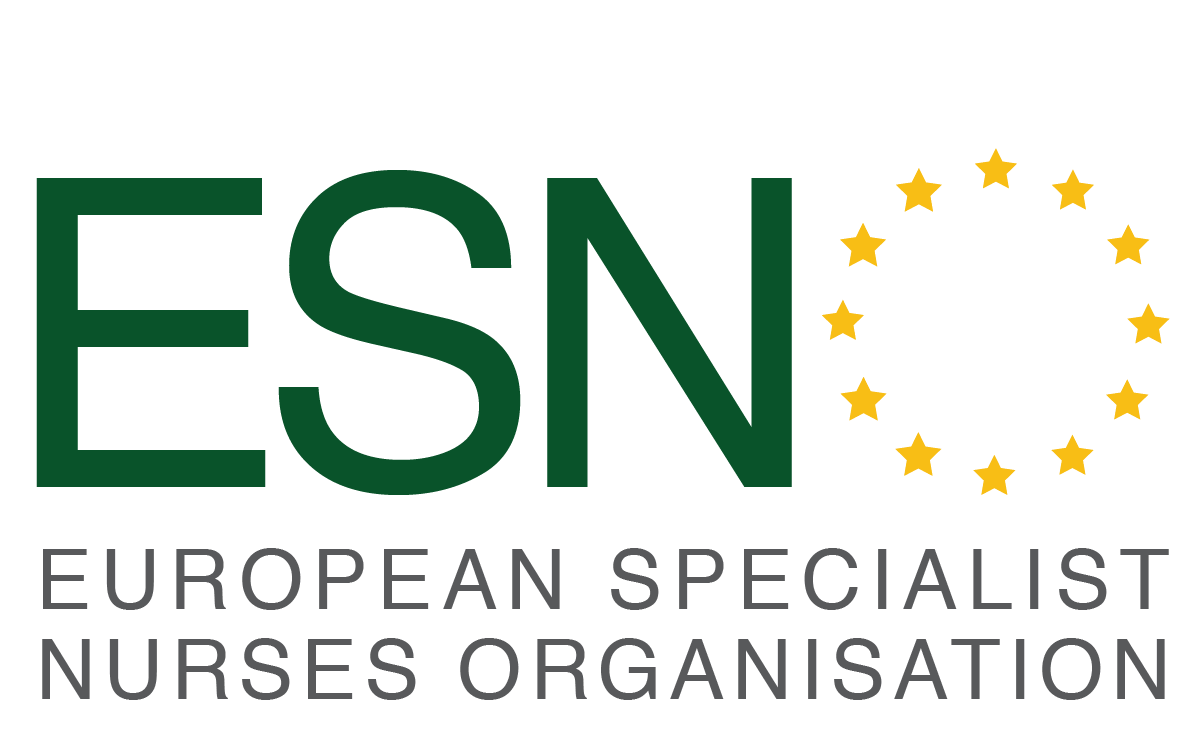
All Policies for a Healthy Europe is an intersectoral initiative that brings together a diverse group of NGOs, think-tanks, associations, companies, and individuals. Our mission is to put citizens’ health & well-being at the heart of European policy-making.
Latest updates
Check out our latest news, events and opinion pieces.
All Policies for a Healthy Europe launches its European Health and Well-being Deal
POLICY PAPER: Strengthening the link between well-being and the economy: the key to a successful and sustainable European Care Strategy
POLICY PAPER: Unlocking Cleaner Air for All Citizens: A more Ambitious EU Air Quality Directive
Clean air: Time to capture the health, economic and environmental benefits
Europeans want better access to digital healthcare and more investment in wellbeing, says new poll
EHFG 2022 Partner Session – Well-being as a priority for the next EU Commission: Building a resilient European Health Union
We focus on strategic clusters that mirror the priorities of the European Union
An Economy that works for people; the European Green Deal; and a Europe fit for the Digital Age, underpinned by Promoting the European Way of Life. Discover the work of our Economy, Environment and Digital Working Groups

Our Chair
Vytenis Povilas Andriukaitis, former European Commissioner for Health and Food Safety (2014 – 2019) and current WHO Special Envoy for the European Region and Member of the Political Advisory Panel of the UHC 2030 Movement, was appointed Chair of All Policies for a Healthy Europe on 26th April 2022.
OUR COALITION PARTNERS
Our Coalition Partners are united in fostering health & well-being policies at European level. They may have different objectives outside of this coalition, which are not reflected in the aims of All Policies for a Healthy Europe.
